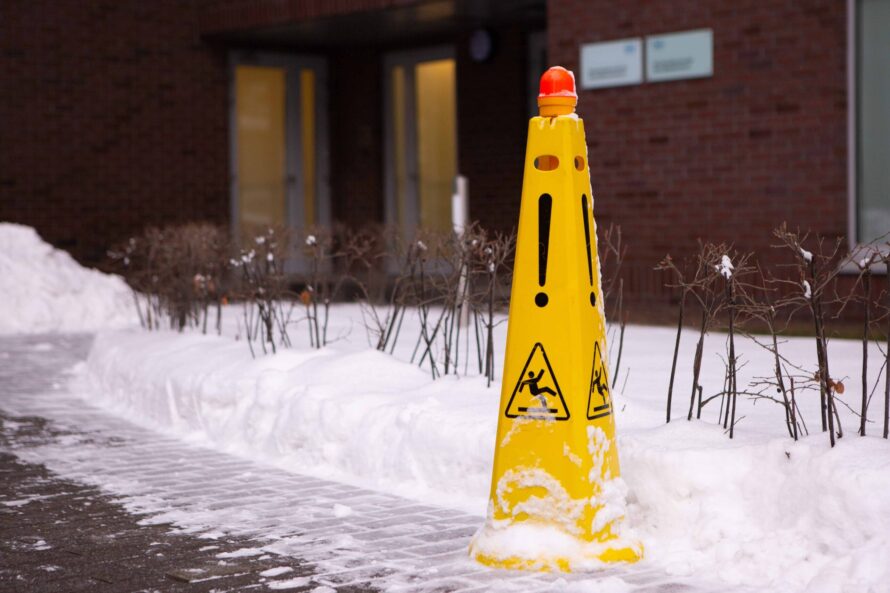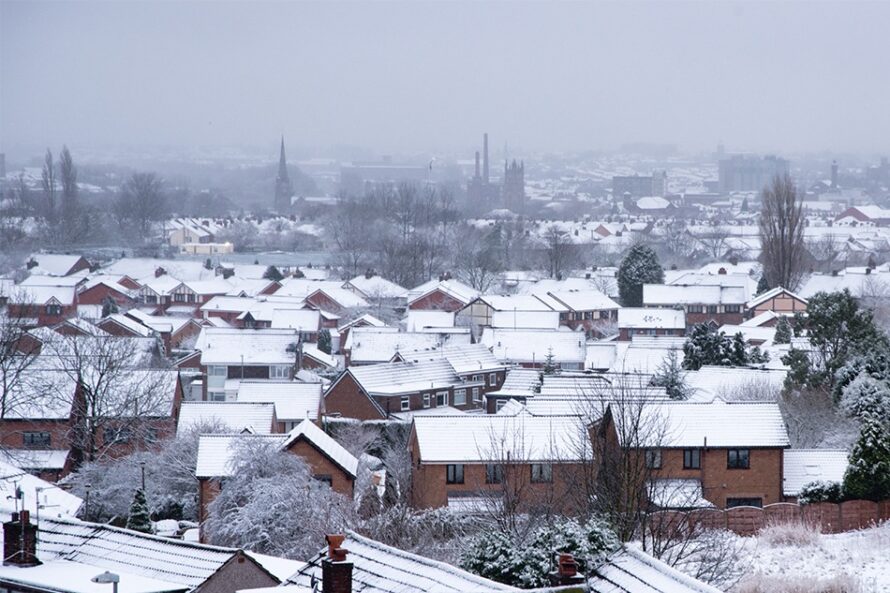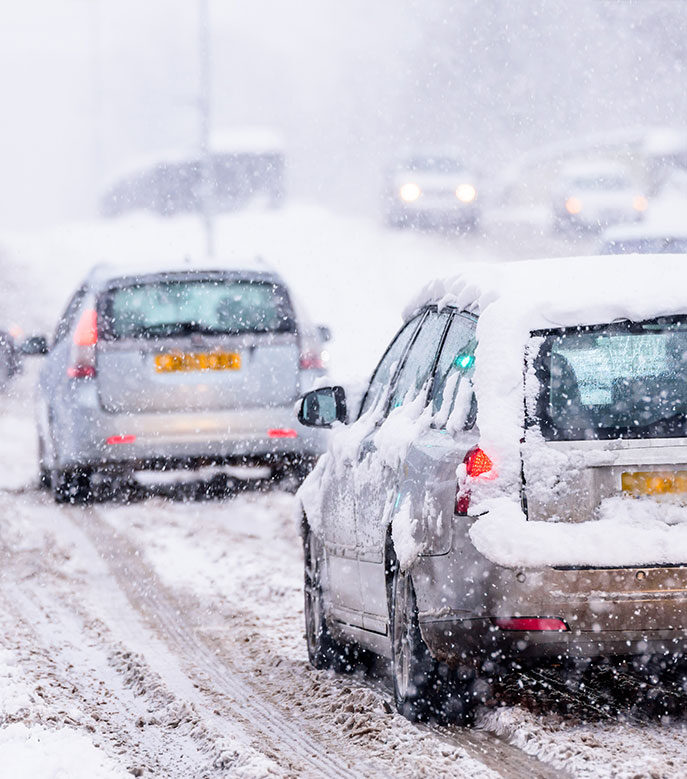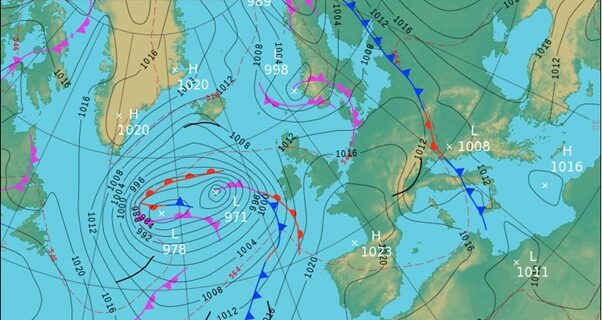Clean out chimneys and fireplaces and closely monitor any burning fires or candles.
If you have exterior lights on your home, use them to help see where you’re walking at night.
Check your carbon monoxide and smoke detectors. Carbon monoxide detectors save lives. Every year, over 400 people die and 50,000 are treated for carbon monoxide poisoning.
The most common symptoms of carbon monoxide poisoning are often described as “flu-like” – headache, dizziness, weakness, upset stomach, vomiting, chest pain and confusion.
Work slowly and carefully to remove ice and snow from cars, walkways and driveways to prevent slips and falls and sprinkle grit, cat litter or sand on icy patches.
Keep an emergency kit in your home that includes a torch, extra batteries, a first-aid kit, extra medicine, and if necessary, baby items.
If you lose power, your kit should also include food and water for three days for each family member, warm clothing if you have to leave, and toys and games for children.









